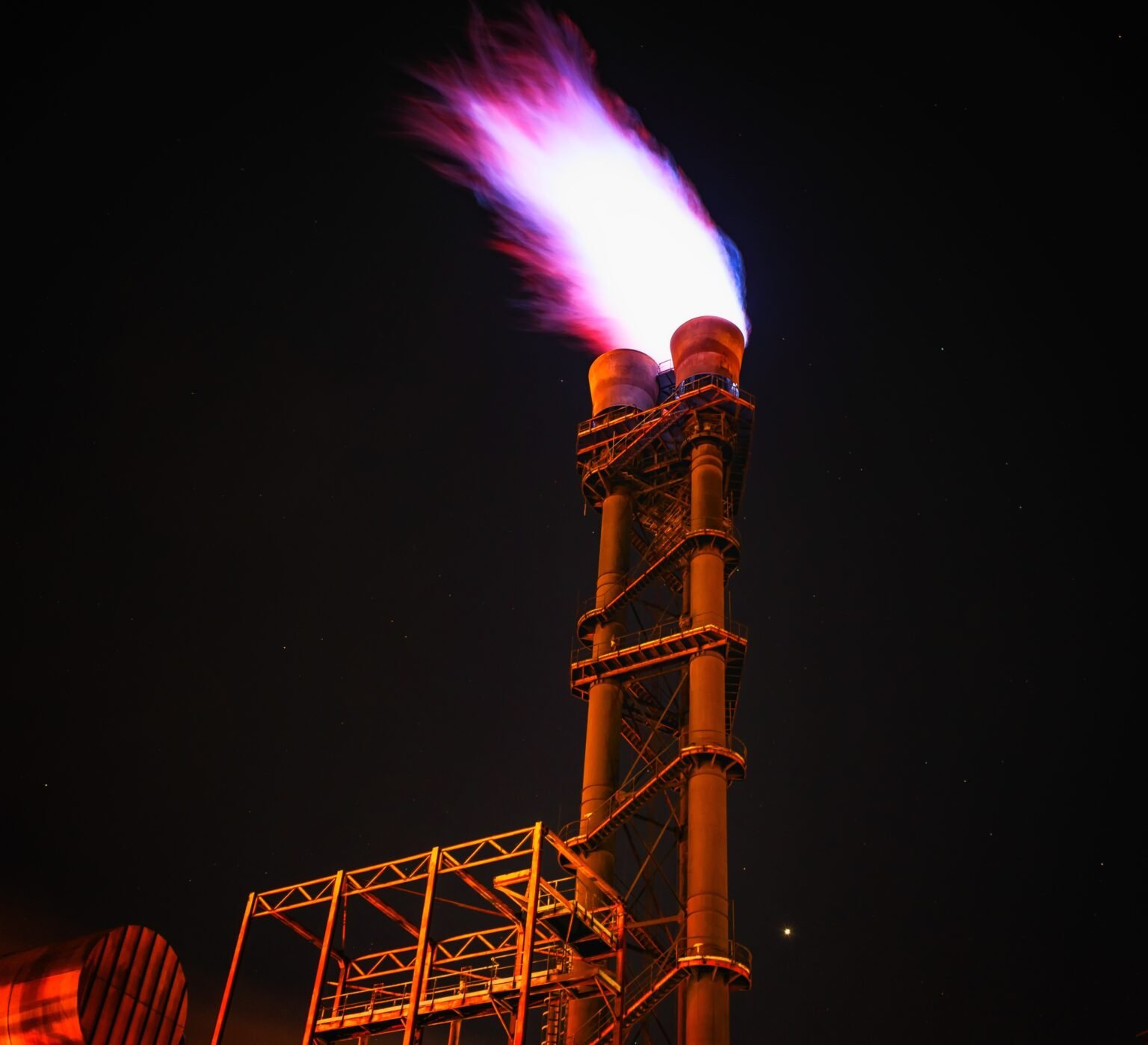Loadings from two Baltic ports have surged to their highest levels since 2019, data showsExports of Russian oil loaded in Western-insured tankers surged in January as prices for Moscow’s flagship Urals grade stood below the cap set by the Group of Seven (G7) countries and the European Union, Reuters reported, citing tracking data. The price cap on Russian seaborne oil exports of $60 per barrel was introduced by the EU, G7 countries, and Australia on December 5. It bans Western companies from providing insurance and other services to shipments of Russian oil unless the cargo is purchased at or below the set price. The average price for Urals oil blend was at $49.50 per barrel on a free-on-board basis (FOB) on Tuesday for shipments from the port of Primorsk, and at $47.83 FOB from Novorossiisk, traders told the outlet. Meanwhile, other Russian export blends such as Sokol and ESPO are trading well above the price cap, with Sokol being contracted at about $78 per barrel and ESPO trading at over $72 per barrel as of Tuesday. Russia has been opposed to the price cap initiative from the start. Last month, President Vladimir Putin signed a decree banning the supply of Russian oil and oil products to foreign buyers that “directly or indirectly” mention the cap in their contracts. The ban came into force on February 1, and will be valid for at least five months.
This article was originally published by RT.



